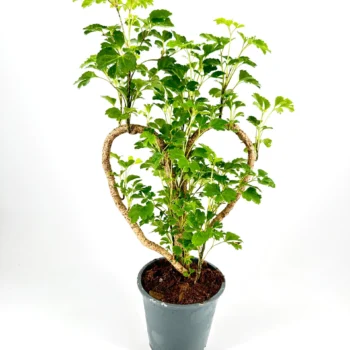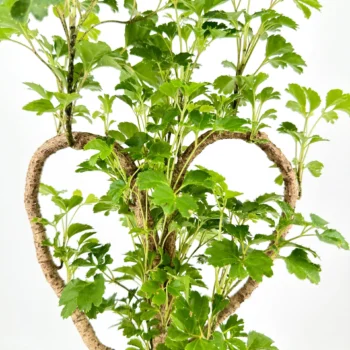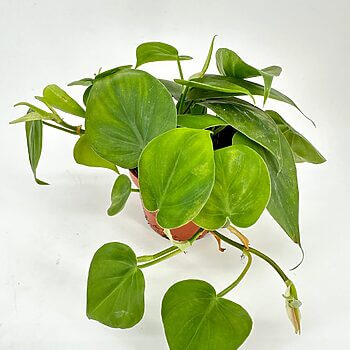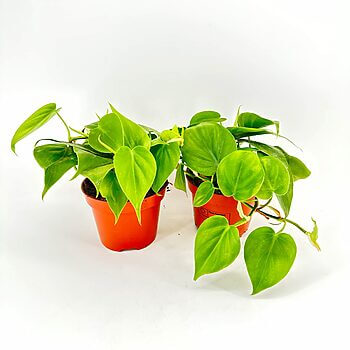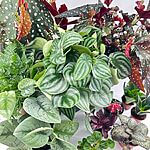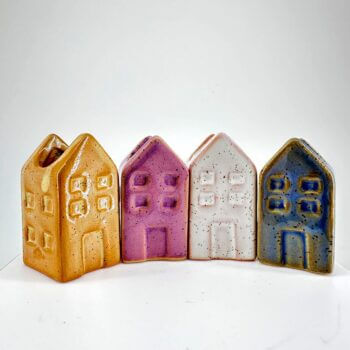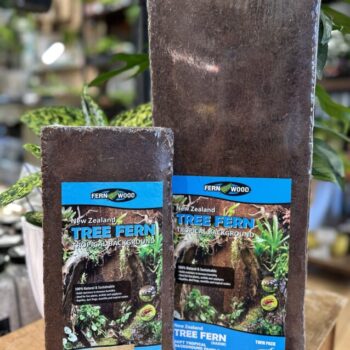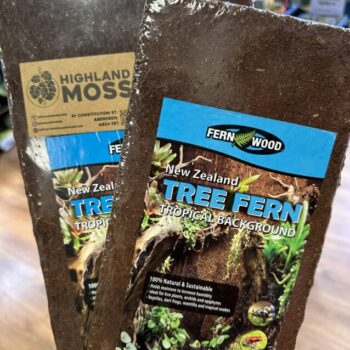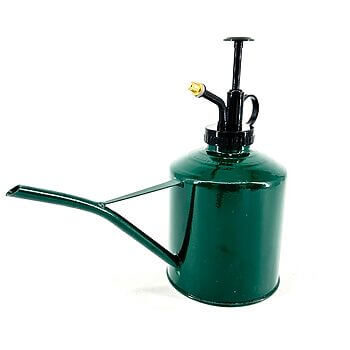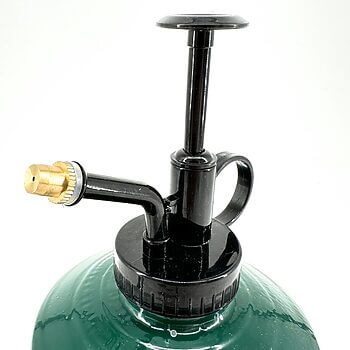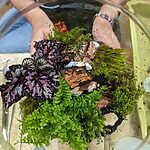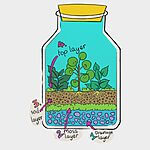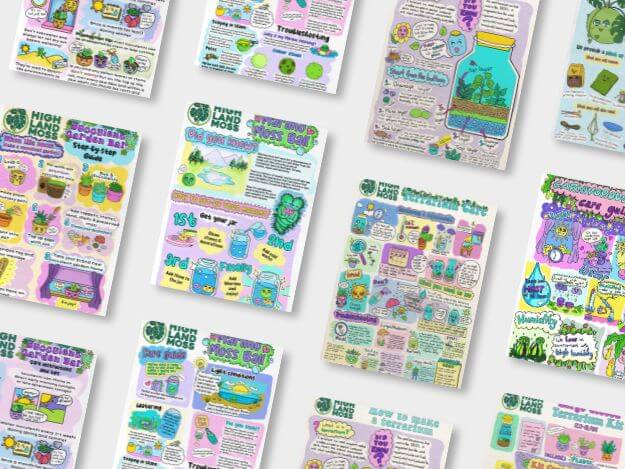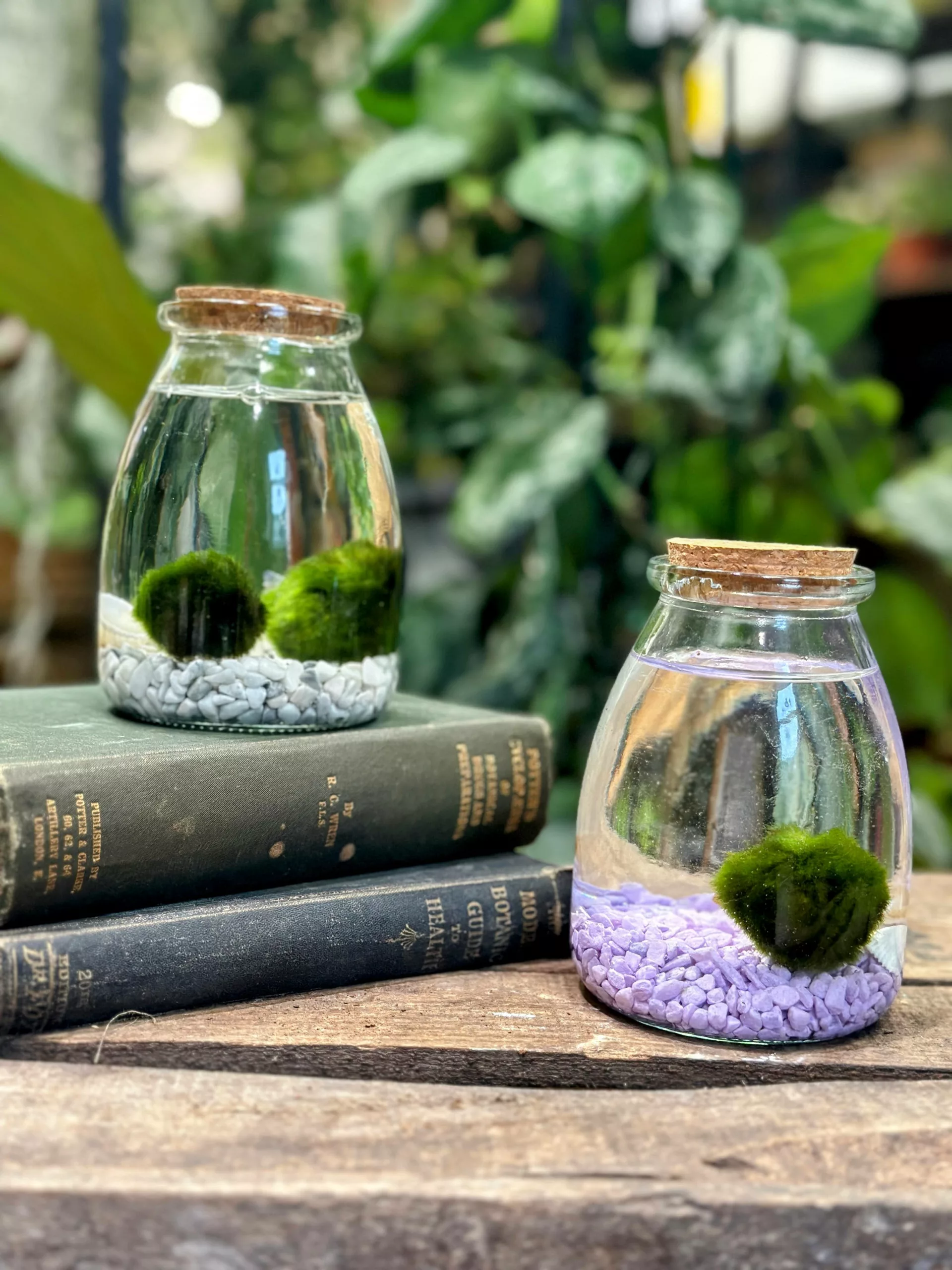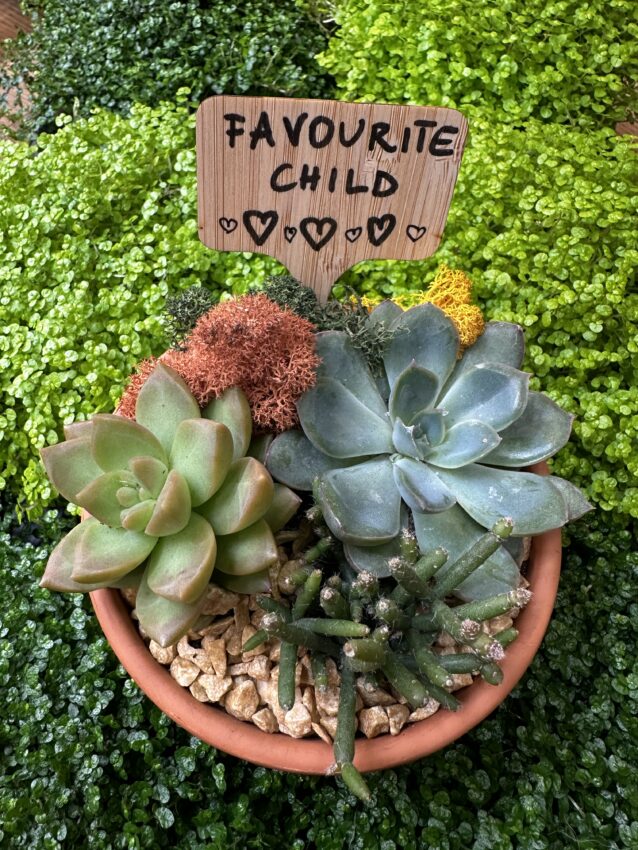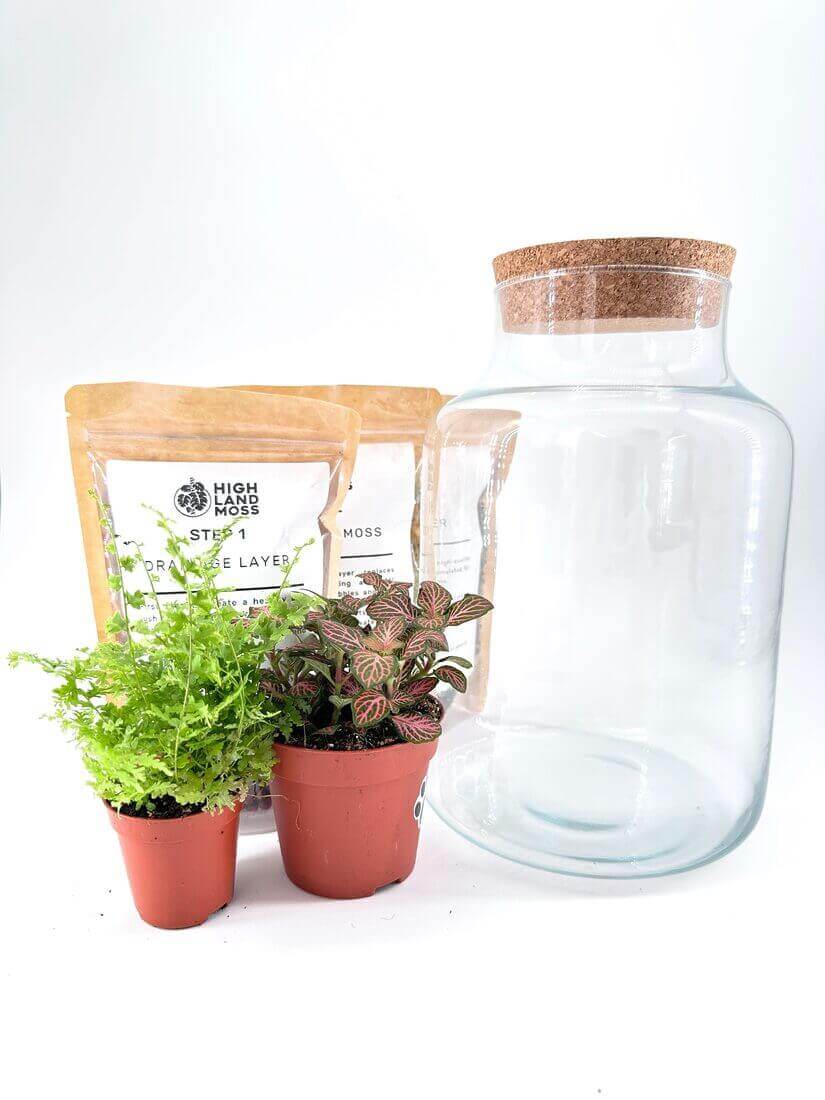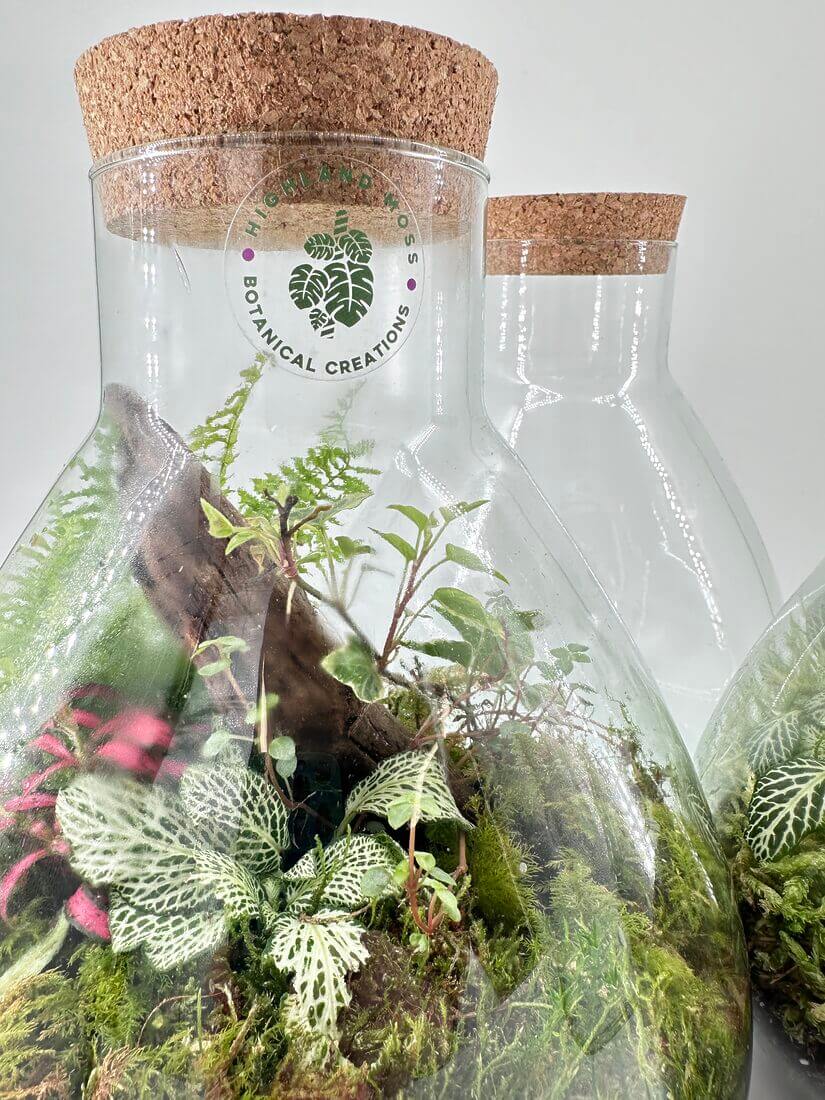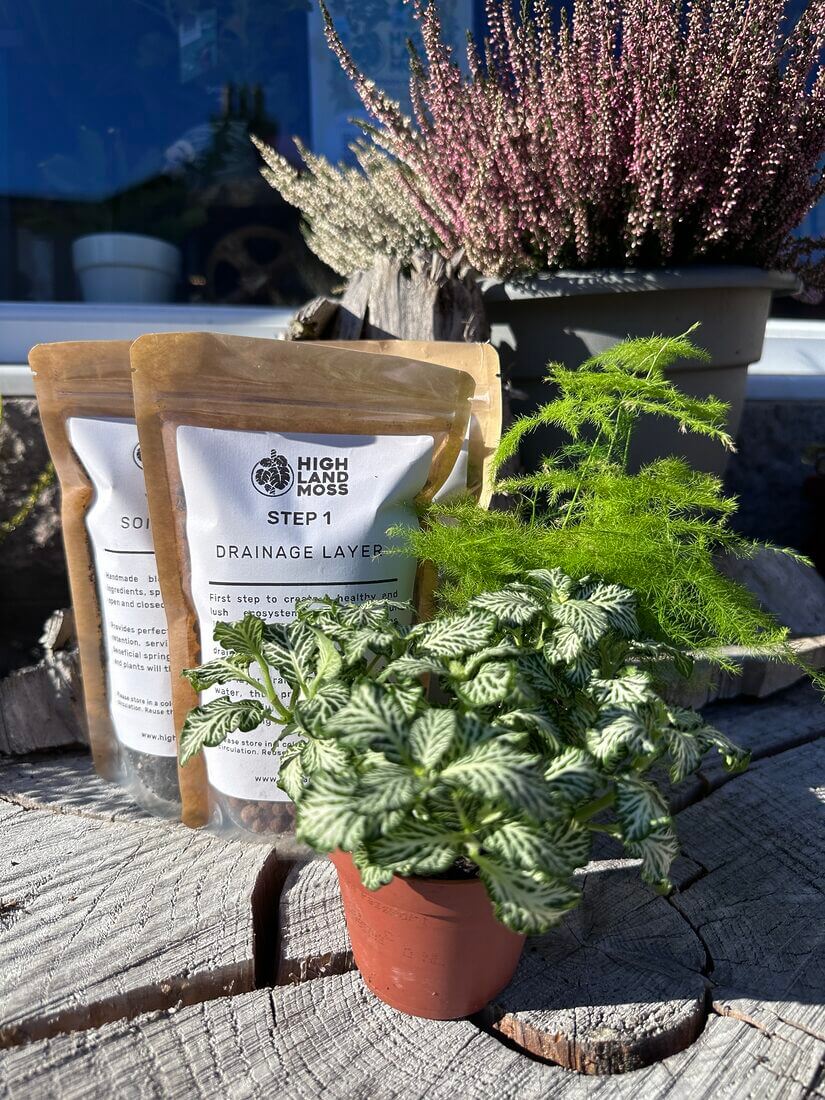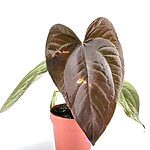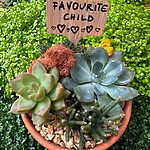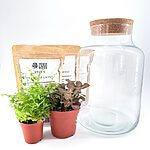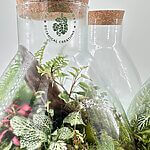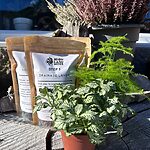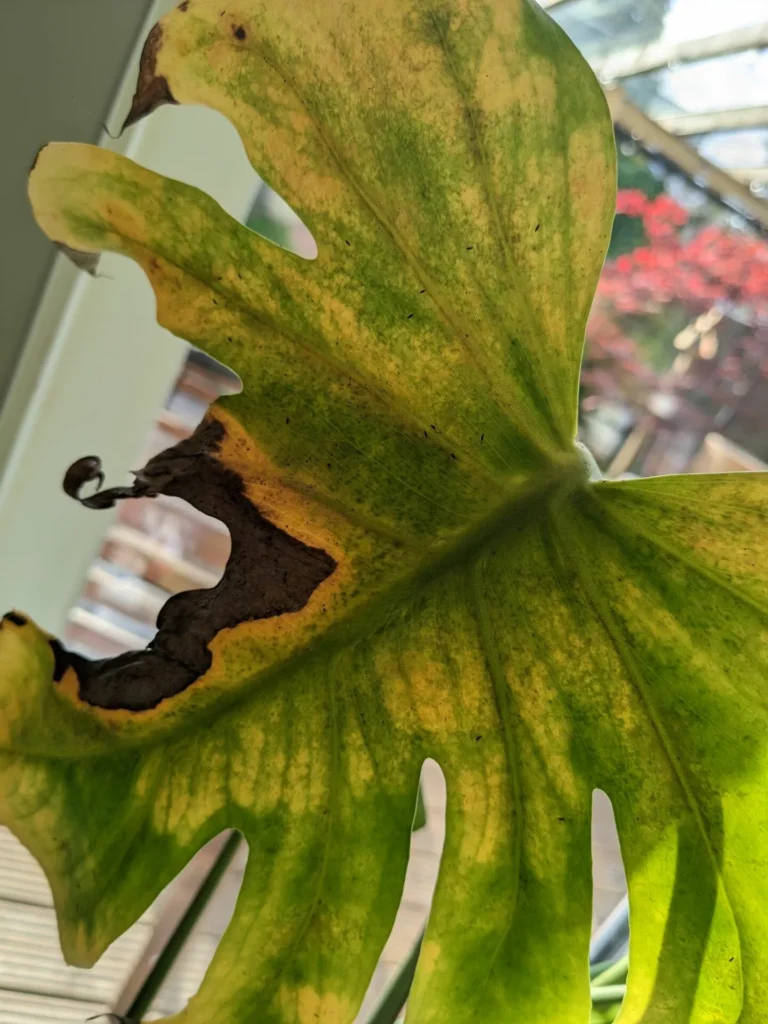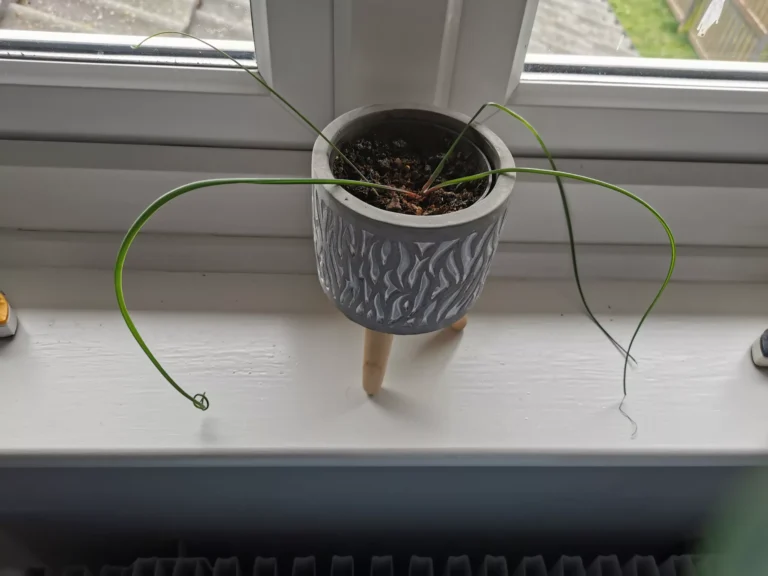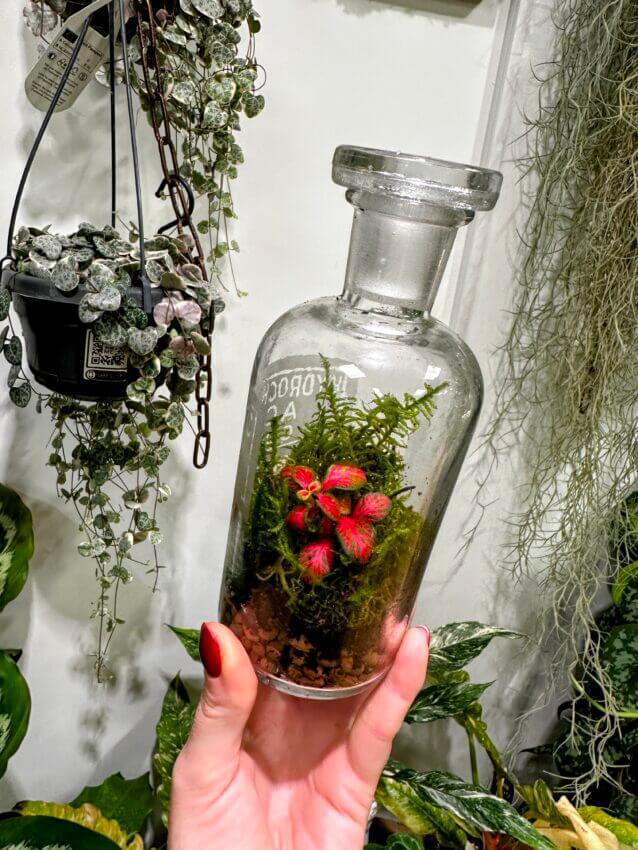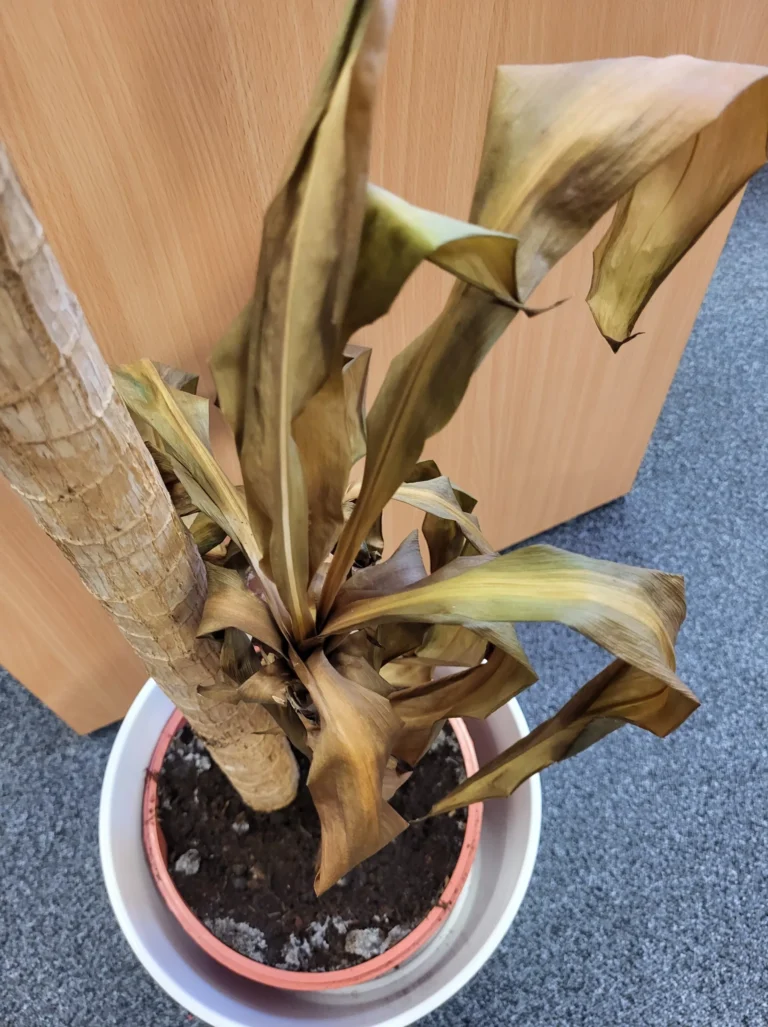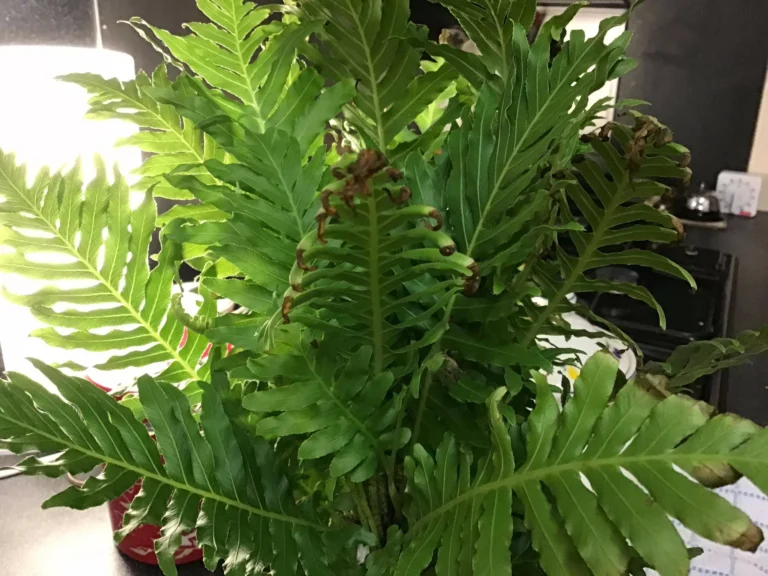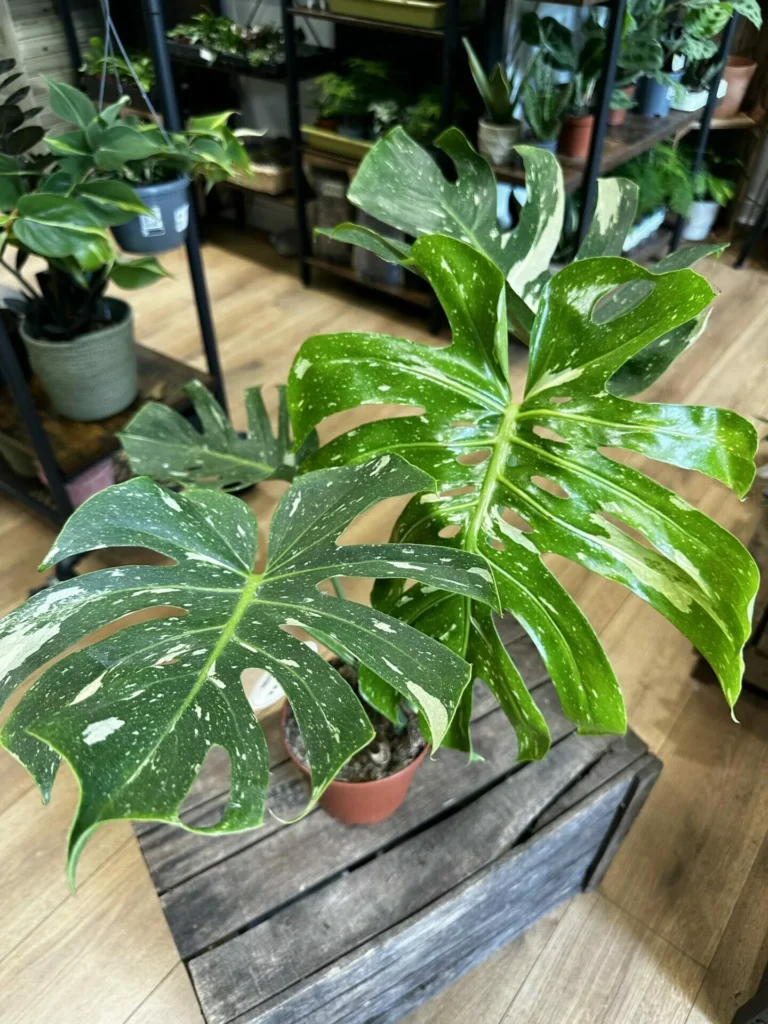
To admit your plant into the plant hospital, please tell us about your plant in the following form.
Please note that answers to many of your concerns can be found in our care guides and articles, which cover common issues and solutions. We encourage you to check these resources to learn more about your plant.
Mossbot is here to provide you with guidance for your plant problems. It is always learning but has proven to make great suggestions. Speak to Mossbot naturally but try to give clear, accurate information to get the best results.
Introduction
The Plant Hospital at Highland Moss is a one-of-a-kind service dedicated to assisting plant enthusiasts in restoring their beloved houseplants to optimal health. Our team of plant care experts specialises in diagnosing and treating a wide range of plant issues, providing personalised advice and guidance to help customers breathe new life into their indoor greenery.
In this article, we’ll share a recent success story of a customer who came to us for assistance with their struggling houseplant in a terrarium.
The Customer’s Dilemma
A concerned customer approached our team at Highland Moss with a problem: their once-thriving terrarium was now experiencing an infestation of small flies, and some of the plants were showing signs of damage, such as wilting moss and damaged leaves.
Since their terrarium did not have drainage holes, the customer was unsure how to address the issue and consulted our care guides, ultimately turning to the Plant Hospital for professional advice.
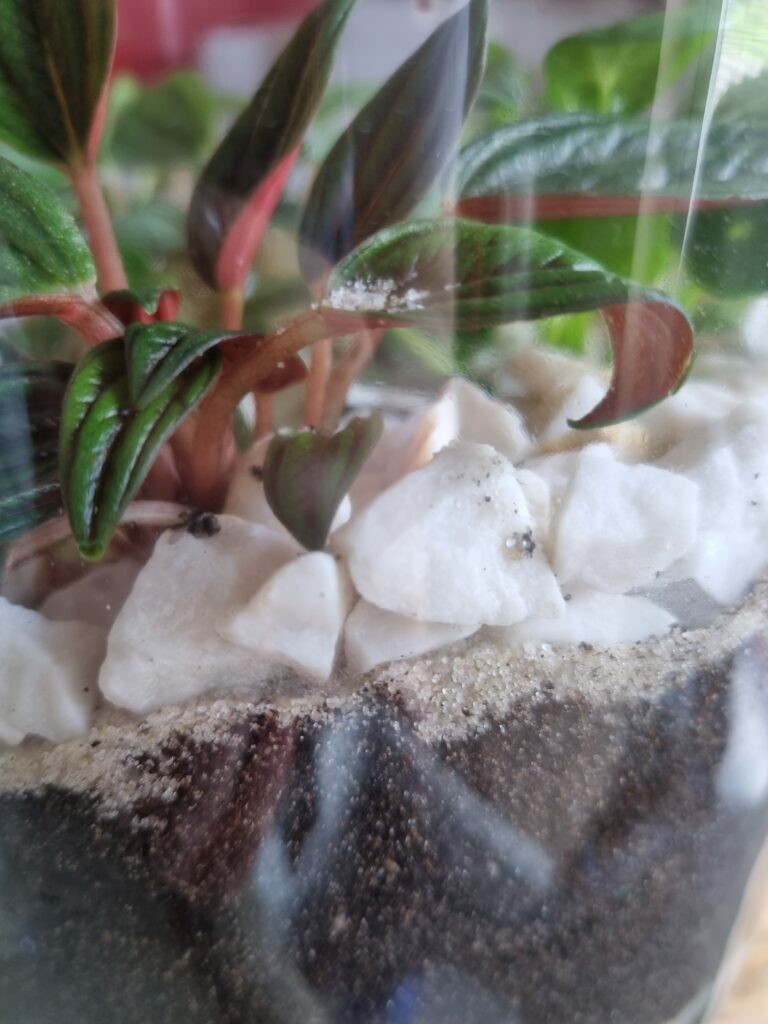
The Plant Hospital Diagnosis and Prescription
Our Plant Hospital expert carefully assessed the customer’s concerns and provided the following recommendations:
- Identify the pests: The small flies were identified as fungus gnats, which thrive in moist environments and can damage plant roots.
- Introduce a carnivorous plant: Placing a carnivorous plant, such as a sundew or a pitcher plant, inside the terrarium for a day or two could help reduce the fungus gnat population.
- Improve air circulation: The customer was advised to open the terrarium and keep it outside for a while, allowing the bugs to fly away and improving air circulation.
- Monitor watering and growing medium: we inquired about the customer’s watering habits and the type of growing medium used, as these factors can influence the health of the terrarium plants.
- Address plant damage: The customer was advised to trim any soggy or brown leaves that touched the glass and to clean the glass to prevent mold issues.
- Assess temperature: It was noted that high temperatures inside the terrarium could cause issues like underwatering, as seen in the customer’s Peperomia plant. Our experts requested a picture of the entire terrarium to better assess its layers and provide further guidance.
The Outcome:
By following the expert guidance provided by the Plant Hospital, the customer was able to effectively address the issues within their terrarium. The fungus gnat infestation was controlled, and the plants began to recover, regaining their former health and vibrancy.
Conclusion:
The Plant Hospital at Highland Moss is dedicated to helping customers nurture and revive their houseplants. With personalised advice and expert guidance, even the most challenging plant issues can be resolved, ensuring a beautiful, thriving indoor oasis. If you find yourself in need of assistance with your houseplants, don’t hesitate to reach out to our team at Highland Moss for expert help.




